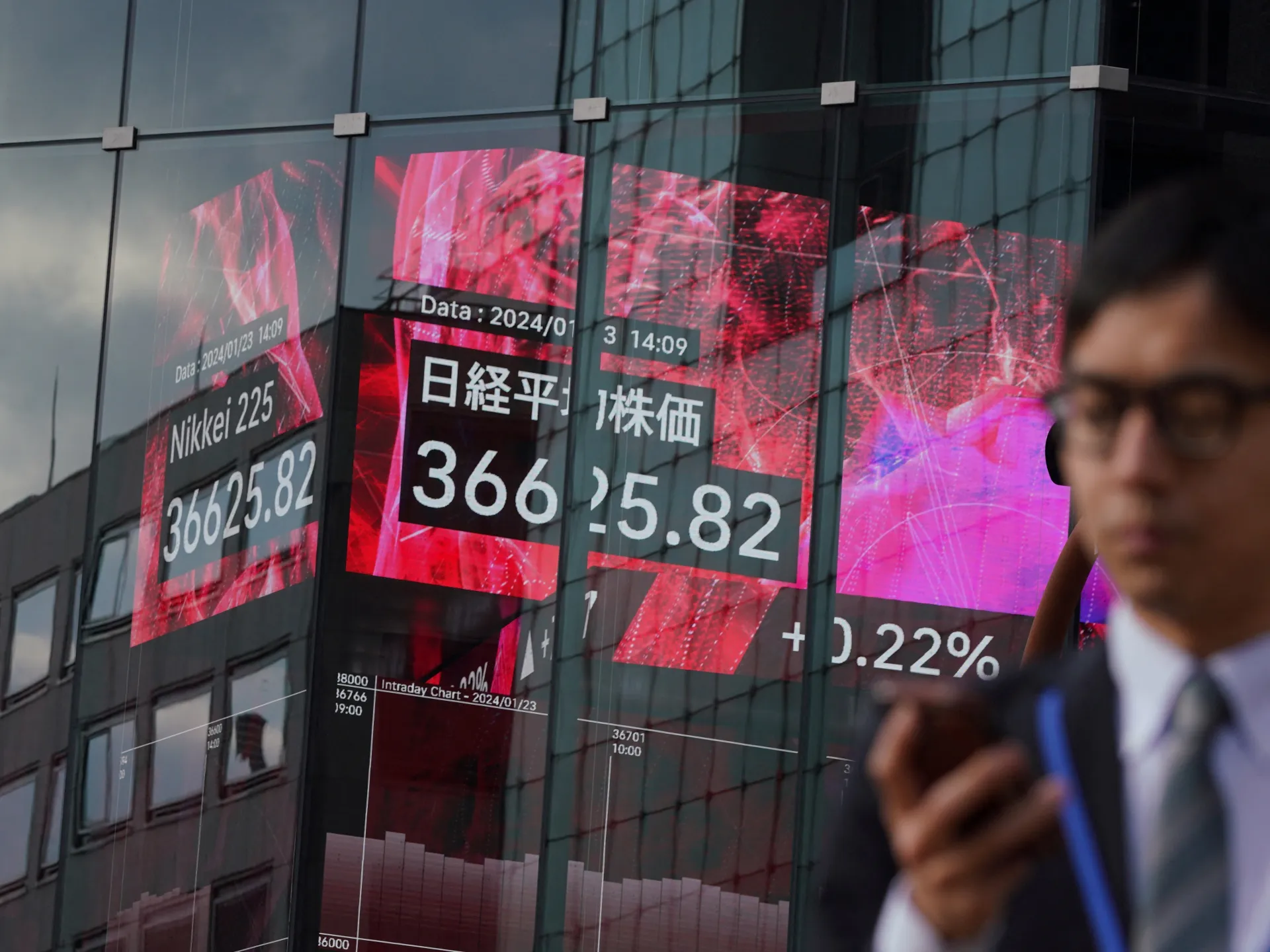Japanese stocks witnessed a historic surge, reaching a record peak, breaking levels last seen in 1989 during the peak of the bubble economy. The Nikkei share average soared to 39,156.97 points, surpassing the previous intraday all-time peak of 38,957.44 points from 1989. The 34-year journey to reclaim these heights is a record for a major market, highlighting Japan’s resilience amid challenges. The index’s remarkable rise, driven by attractive valuations and corporate reforms, positions it as an alternative for foreign investors navigating uncertainties in the Chinese markets. Analysts view this milestone as the onset of a new era, signaling an escape from deflation and the emergence of new opportunities in the Japanese stock market.
The Nikkei’s resurgence comes against the backdrop of a recession in Japan, global geopolitical challenges, and economic uncertainties. Despite these headwinds, the index’s trade exposure and a weak currency have played crucial roles, insulating it from domestic demand concerns and bolstering exporters’ earnings. The rally reflects not only the resilience of the Japanese market but also its attractiveness to international investors seeking alternatives. The Nikkei’s performance, outpacing other major Asian bourses, underscores its appeal in the global investment landscape, marking a significant moment in the trajectory of Japan’s financial markets.

